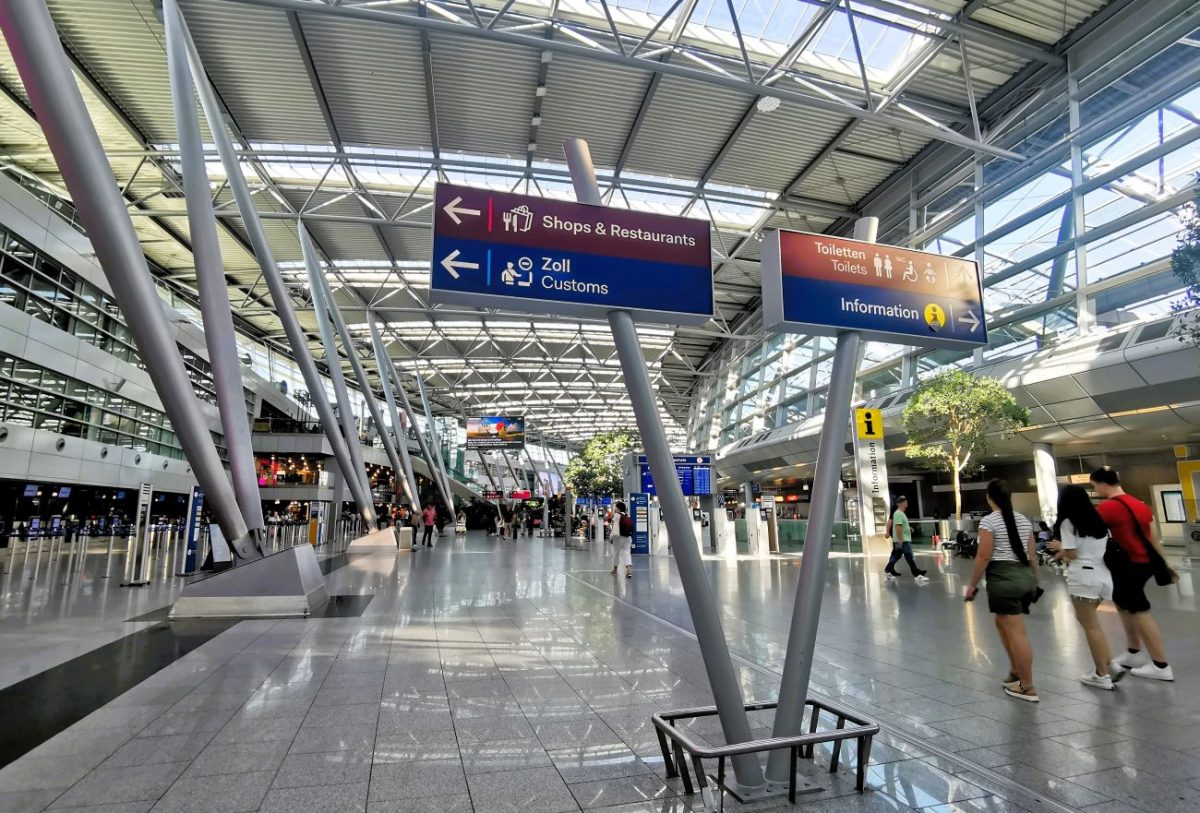Dahab bombing – implications for Tourism
Egypt’s tourism industry once again faces the familiar task of restoring confidence in the safety of tourism in the Sinai after the April 24 Dahab bombing. The triple bomb attack at the a popular dive destination on the Gulf of Aqaba coast of the Southern Sinai Peninsula, killed 23 people, [20 Egyptians and three foreigners including a German baby, a Swiss National and a Russian].
Over 60 people [predominantly Egyptian nationals] are confirmed injured by the Egyptian interior ministry including two Australians, two Britons and dozens of tourists from at least 10 other countries.
Terrorist acts targeted against tourists and tourism infrastructure represented a frequent threat to Egypt’s tourism industry for much of the 1990s and clearly hampered the growth of the Egyptian tourist industry. The terror campaign conducted by local Islamist groups between 1990-1997 culminated in the Luxor massacre of November 1997 in which 58 tourists were killed.
After Luxor, the Egyptian government intensified security measures to protect tourists. The moratorium on attacks against tourists was reinforced by the opposition of local Islamist supporters to engage in attacks which economically harmed its own support base. Egypt’s economy is heavily dependent on tourism. The tourism industry directly employs about 10% of Egypt’s work force.
After the Luxor massacre there was a seven year pause in terrorist attacks against tourists in Egypt.
In October 2004 a bomb attack in Taba, less than a kilometre from the Israeli border, marked the resumption of terrorists attacks against tourists in Egypt. Since October 2004 there have been 5 fatal terrorist attacks against tourists and tourism infrastructure in Egypt [three of which were in Sinai] resulting in over 125 deaths.
Egypt’s tourism industry has proven highly resilient to acts of terrorism in recent years. After terrorist attacks against tourists in Sinai in 2004 and 2005, tourism to Sinai in particular and Egypt in general recovered very quickly. A possible factor for the rapid recovery is that the vast majority of foreign visitors to Egypt tend to focus on Cairo and the Nile Valley. The Egyptian Tourist Authority and private tour operators were able to isolate the terrorist attacks in Sinai from the overall safety of Egypt.
The most frequent and deadly terrorist attacks in Egypt since 2004 have occurred in Sinai. Conversely, during the 1990s, all attacks against tourists occurred either in Cairo or the Nile Valley which is the heartland of Egyptian tourism.
Since Israel’s complete withdrawal in 1982 the Sinai has undergone considerable tourism infrastructure development, especially on the Southern Sinai dive coast area and Mount Sinai. The region remains a popular niche destination for Western visitors, Israelis and affluent Egyptians who seek an alternative from the traditional attractions of Cairo, the pyramids, tombs and archaeological sites along Nile River valley.
Between 1997 and 2004 the numbers of foreign visitors to Egypt doubled from just under 4 million tourists to 8.1 million tourists. The Sinai terrorist attacks have tended to retard rather than stop growth of inbound tourism to Egypt. The Egyptian government suspects that most recent attacks have been masterminded by non-Egyptian Islamist groups.
The Dahab bombing raises several significant issues on how the global tourism industry and the Egyptian Tourist Authority should respond to terrorist attacks targeted at tourism.
The author asked three Australian operators of tours to Egypt what measures they take in the event of attacks such as Dahab.
Peregrine Adventures is one of Australia’s leading operators of adventure tours to Egypt and Dahab is an integral part of its Egyptian Dive Tour itinerary. Peregrine Adventures Middle East product manager Richard Mole stated that although no Peregrine clients were in Dahab at the time of the April 24 bombing, Peregine’s usual practice is to avoid a destination which has been targeted and direct clients to alternative destinations until the affected area is deemed by the company secure.
Mark Johnson, National Sales Manager of Tempo Holidays, one of Australia’s largest operators of tours to Egypt, stated that Tempo carefully verifies whether its clients are affected by an incident. Tempo works closely with its ground operator and travel agents who booked Tempo’s tours to confirm their clients’ safety. Mr Safwat El Banna, manager of Sydney-based Egypt Reservations Centre, an Egyptian specialist tour operator, pointed out that the Egyptian Tourist Authority has a range of measures in place to evacuate and treat tourists affected by a terrorist attack.
The ETA is in regular contact with the diplomatic representatives of foreign nationals and with tour operators to ensure that families of individuals known travelling in a destination where a terrorist attack occurred are fully informed of their whereabouts and status.
The Egyptian government has undertaken a range of measures to maximise security for tour groups, hotels resorts and tourism attractions. However, securing every café, shop, market area and public place in a town or city is beyond the capacity of any security service. The Dahab attack targeted restaurants and bars. Although tourists are the main targets of the Dahab bombings, Egyptian tourism-dependent businesses and their employees whose livelihoods are affected by the incident are long-term victims of the attack.
Initially, Egypt’s response to the Dahab attack will be to arrest the perpetrators, review security procedures and ameliorate the suffering of the casualties and their families. In most cases tour operators may briefly avoid Dahab, although local businesses will be keen to offer incentives for tourists to return after the damage is cleared and media attention on the incident wanes. Patience and persistence are essential ingredients in Egypt’s response to terrorism directed at tourists.
The scale of the Dahab attack and the frequency of terrorism against tourists in the Sinai requires a more concerted response than patience and persistence. Multiple attacks on a specific destination or region obviously erode tourist confidence. Bali experienced this problem following the September 2005 suicide bombings against tourists. [Three years after the infamous 2002 Bali bombing, Bali has not recovered.]
For Egypt, confidence-building measures will again need to include media and travel agency familiarisation trips from key source markets and a very honest public relations campaign highlighting recovery messages and demonstrating clear evidence that security concerns are being addressed. Vague reassurances will not suffice, although it must be acknowledged that national security authorities cannot communicate security measures and tactics.
The Dahab attack reinforces the fact that terrorism remains, and will remain, a constant and potent global threat to tourism. Tourism authorities are increasingly required to exercise vigilance in every aspect of tourism infrastructure.
Special report by David Beirman
Graham Muldoon
Have your say Cancel reply
Subscribe/Login to Travel Mole Newsletter
Travel Mole Newsletter is a subscriber only travel trade news publication. If you are receiving this message, simply enter your email address to sign in or register if you are not. In order to display the B2B travel content that meets your business needs, we need to know who are and what are your business needs. ITR is free to our subscribers.








































Airlines suspend Madagascar services following unrest and army revolt
TAP Air Portugal to operate 29 flights due to strike on December 11
Qatar Airways offers flexible payment options for European travellers
Airbnb eyes a loyalty program but details remain under wraps
Air Mauritius reduces frequencies to Europe and Asia for the holiday season